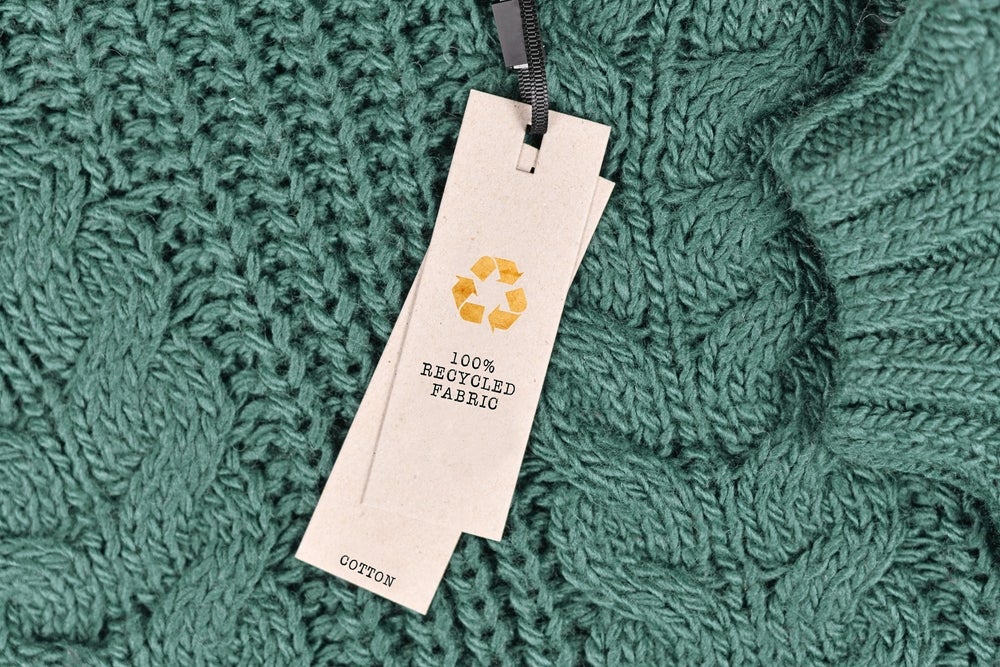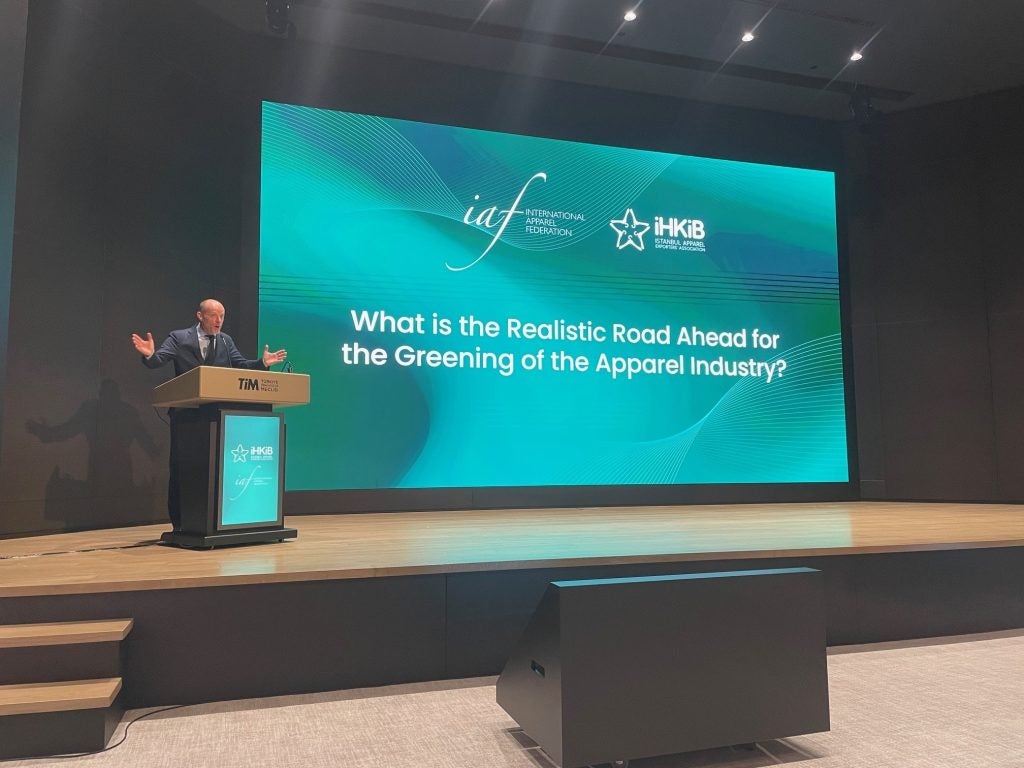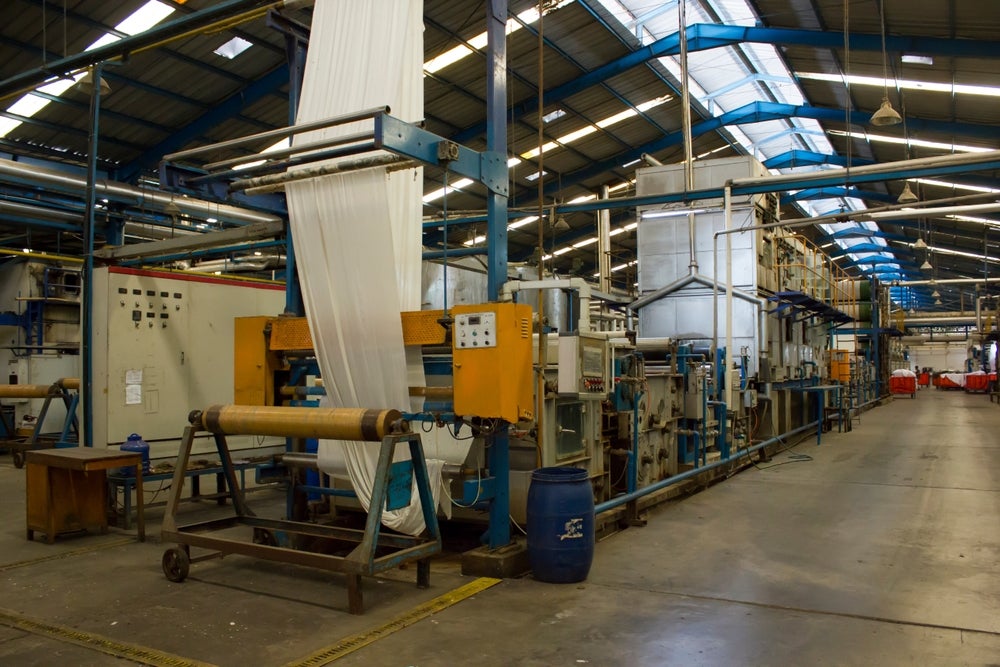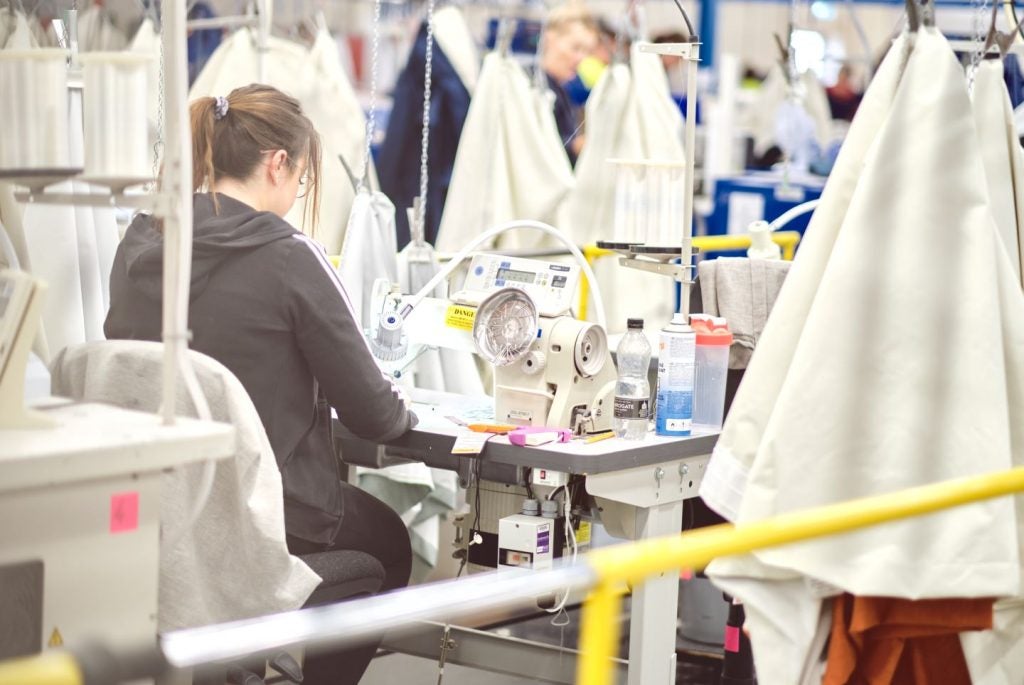Just a few months ago, the once bright future of recycling for fashion seemed bleak.
Swedish textile-to-textile recycling start-up Renewcell had declared bankruptcy in February after weaker than expected sales. The same month, the UK's Textile Recycling Association voiced concerns about the "imminent collapse" of its textile recycling sector due to global market challenges and called on the UK government to regulate the industry through an extended producer responsibility scheme.
At the time, many worried that the fledgling industry was already faltering as demand for recycled fibres fell.
Amid a cost-of-living crisis that continues to limit consumer clothing budgets, and increased freight costs already pushing up prices for suppliers and brands, perhaps it was not surprising that demand for recycled fibres, which tend to be more expensive than virgin fibre, was falling.
Fast forward to today and things seem to be improving significantly.
Last week, Sri Lanka-based manufacturer MAS Holdings announced plans to buy recycled polyester from startup Ambercycle. This came just two weeks after H&M Group’s startup Syre secured $100m in Series A funding for its gigascale textile-to-textile recycling plants in Vietnam and Iberia.
Renewcell also saw some further good news last week when Swedish company Altor purchased the company out of bankruptcy, giving it a new name – Circulose. Non-profit organisation Canopy welcomed the news with its executive director Nicole Rycroft describing it as giving the industry “a second chance”.
She said in a statement that she was confident "the phoenix would rise from the ashes".
So, is this a sign that recycled fibre is back in fashion?
With consumers and brands both still facing rising costs, the apparel industry will need to stick to its guns if it wants to prove once and for all that it is ready to seriously invest in sustainable materials along with the technology required to keep a circular supply chain in continuous flow.
As the climate crisis continues at pace, the world might not even have time for sustainability to go out of style again.
Top stories on Just Style last week
FibreTrace, Cargill, Target Corp team on US, Brazil cotton traceability drive
Verification solution supplier FibreTrace is partnering with industry giants Target Corp and Cargill to pioneer the real-time verification of US and Brazilian cotton throughout the global supply chain.
Explainer: What went wrong for Ted Baker?
From a CEO controversy to reneged financial commitments, it's been a tough few years for UK fashion brand Ted Baker with industry experts telling Just Style it is now left with work to do.
Explainer: Ignoring plastic shift could cost businesses $100bn by 2040
Ignoring pressure to shift away from plastics could cost businesses up to $100bn annually by 2040 according to a new report which identifies the measures that brands and retailers can put in place today to accelerate diversification from the material.
Authentic Brands Group’s purchase of Champion deemed ‘good’ move
Authentic Brands Group's purchase of US sportswear brand Champion from Hanesbrands to expand its presence in the sports market is expected to put the "ailing brand" in "good stead," an industry expert tells Just Style.
US loses ground in Africa to China on 2025 AGOA renewal uncertainty
A US senator told a hearing on renewing and revitalising trade preference programmes the US is losing out to China in Africa with apparel manufacturer SanMar adding African countries have "so much potential" but the US won't invest when the benefits of AGOA could expire before a return on investment.
Decoupling supply chains ‘necessary’ as US-China tensions continue
The US and China have been locked in a trade war, but supply chains keep the countries reliant on each other.
Explainer: How is the fashion sector navigating rising shipping rates?
Reports suggest companies are starting to ship products intended for the festive season earlier than usual, Just Style looks at what is causing the issue and what it means for fashion retailers.
Boohoo lawsuit ‘could test the role of ESG in company disclosures’
A group of investors say they suffered financial losses after allegations that the Boohoo Group breached the Financial Services and Markets Act 2000, however Boohoo denies the claims.















